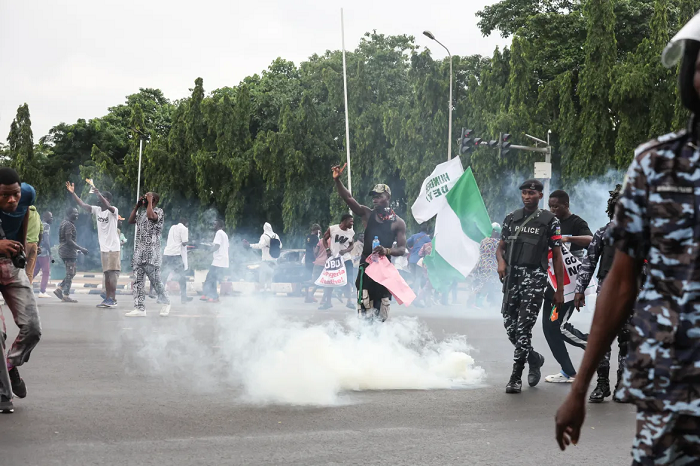
Protests have erupted across Nigeria as citizens took to the streets to demonstrate against the escalating cost of living. The protests, which began peacefully, quickly turned violent in several cities, resulting in at least 17 deaths and numerous injuries.
In the capital city of Abuja and the northern city of Kano, police used tear gas to disperse the crowds. Demonstrators expressed their frustration over soaring inflation and the sharply devalued naira, issues exacerbated by President Bola Ahmed Tinubu’s decision to end a costly fuel subsidy and liberalize the currency more than a year ago.
The protest movement, known as #EndBadGovernanceinNigeria, garnered significant support online. However, officials warned against imitating the recent violent protests in Kenya. Many Nigerians, struggling with 40% food inflation and triple the fuel prices of a year ago, participated despite concerns about security.
In Kano, the second-largest city in Nigeria, protesters set tires on fire outside the governor’s office. Police responded with tear gas, causing most demonstrators to disperse. Some protesters later torched and looted a digital center of the Nigeria Communications Commission. Police reported pockets of looting and arson, arresting 13 people.
In Abuja, security forces blocked roads leading to Eagle Square, a planned protest site, using tear gas and barbed wire to prevent several hundred protesters from reaching the park. Similar measures were taken in Mararaba on the outskirts of the capital.
In Lagos, Nigeria’s economic capital, around 1,000 people marched peacefully, chanting “Tinubu Ole,” accusing the president of corruption. Local media also reported protests in the northeastern city of Maiduguri, Bauchi state, and several other states.
Tragically, the protests turned deadly in multiple locations. In Abuja, Kano, Jigawa, Niger, Borno, and Kaduna, at least 17 people were feared killed. In Abuja, one person was shot dead along the Kubwa expressway, while another was killed in Kano. In Niger, six were reportedly gunned down by security forces, while four died in Borno, and three in Kaduna.
The protests disrupted businesses, with many banks, shopping plazas, and markets closing out of fear of escalation. In Kano, hoodlums looted the NCC Industrial Park, and in Lagos, protesters faced tear gas at the Lekki Toll Gate.
Government officials, including the Minister of State for Youth Development Ayodele Olawande and the Federal Capital Territory Minister Nyesom Wike, called for dialogue and peaceful resolution, urging protesters to avoid violence and engage in constructive discussions.
The protesters are demanding a reversal of the fuel price increase, improved security, the closure of internally displaced persons (IDP) camps, and electoral reforms. Organizers have vowed to continue the protests until their demands are met.
As the situation remains tense, the government and security forces face increasing pressure to address the economic hardships driving the protests and to ensure the safety of all citizens.


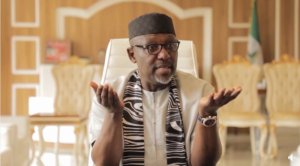
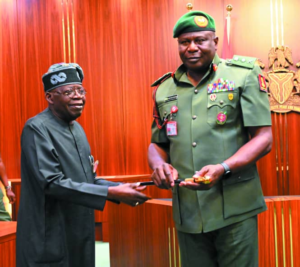
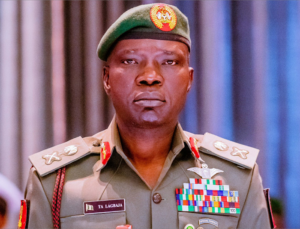
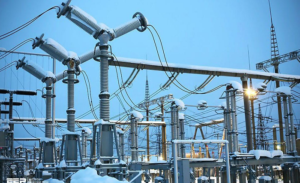
Be First to Comment